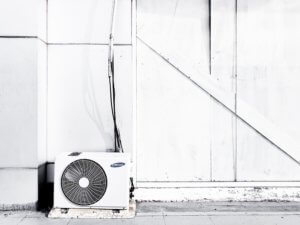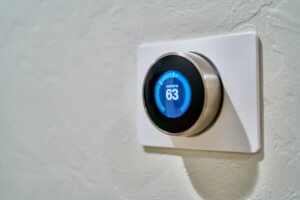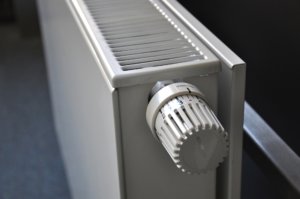
Every homeowner will experience heating and air conditioning issues at some point in their lives. And for the average homeowner, fixing HVAC equipment can be confusing and frustrating. Luckily, you are not required to be knowledgeable about HVAC repair and installation. After all, that’s what the professionals are for!
If you are having issues with heating and air conditioning in Denver, it’s important to reach out to a professional contractor. They can not only demystify the HVAC process, but help make you and your home more comfortable. To prepare for any potential issues, review the most frequently asked HVAC installation and repair questions below.
What is the first step to hiring an HVAC professional to fix my heating or air conditioning unit?
There are a few important things you should do before deciding on who to hire. For those experiencing issues with their HVAC systems, consider the following steps.
Step 1, Contractor Research: With so many heating and air conditioning contractors to choose from, it’s essential to do your research first. This will help you choose a contractor who fits your needs. Look for an HVAC contractor who is communicative, knowledgeable, has great reviews, and can show you their credentials. If you don’t know where to start, ask friends and family members for recommendations.
Step 2, Get an Estimate: After you’ve made a list of your top contractors, it’s time to get an estimate for HVAC installation or repair. An HVAC representative will take time to review your system and confirm any issues. To get an “apples to apples” quote, ask for an itemized list quote. This will help you compare prices across all categories.
Step 3, Schedule Your HVAC Installation: After you’ve compared contractors and prices, it’s time to arrange the installation details. It’s important to give the contractor ample time to order any necessary parts and equipment. Typically, peak summer and winter seasons are the busiest for HVAC contractors. Staying communicative and flexible for installation time can help improve everyone’s experience.
Can you walk me through the installation process?
The HVAC installation process is fairly simple and requires little involvement from the homeowner. Your contractor just needs access to the heating or air conditioning unit during the installation appointment time. For air conditioning units outside the home, be sure to clear the area of debris and unlock property gates if needed. You or a family member will need to be home for heating unit installation, since they are typically located inside. All equipment and installation will be handled by the contractor onsite.
What is the best heating and air conditioning system for my home?
Every home has different heating and cooling needs. New system installation is entirely dependent on cooling and heating capacity, energy efficiency, age of the home, and more. The best way to find the best HVAC system for your Denver home is to get a full system evaluation from a certified contractor. Through proper measurements, load calculation, factoring heat loss and gain, and installation techniques, your new unit will have improved efficiency and energy consumption.
For more answers to frequently asked HVAC questions, contact your local heating and air conditioning Denver contractor.




